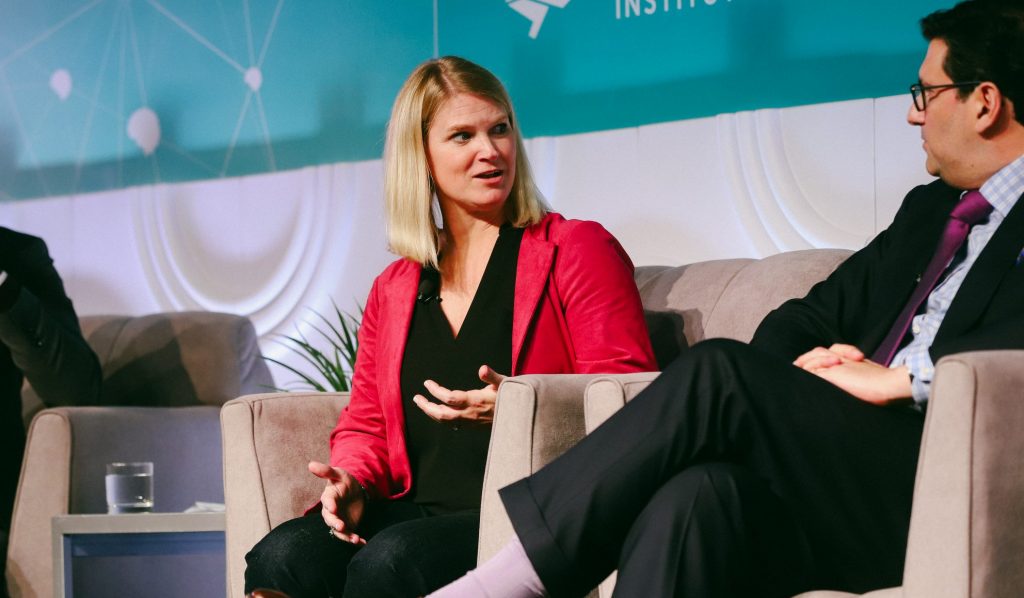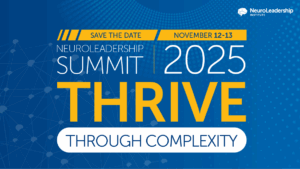Allyship is likely a new concept for most people, in the wake of the May 25 murder of George Floyd and the resulting calls for racial justice.
But for Microsoft, a tech giant that has for years been on a journey to transform its approach to diversity and inclusion, allyship has become a mainstay.
“An ally,” says Lindsay-Rae McIntyre, Chief Diversity Officer at Microsoft, “is somebody who intentionally engages with empathy and care to support someone else in the way in which they would want to be supported.”
Allyship is alive at Microsoft
McIntyre recently appeared as a featured guest on NLI’s latest podcast recording of Your Brain at Work: LIVE, alongside Dr. David Rock, NLI Co-Founder and CEO, and Khalil Smith, Vice President of Research and Practices.
As McIntyre shared, Microsoft has looked to weave allyship into its existing D&I efforts to create a layered, coherent approach since beginning work with NLI in 2019.
For instance, in her 2019 “Microsoft Diversity and Inclusion Report,” McIntyre wrote that “allyship puts the focus on pushing ourselves to be informed, consistent, and empathetic practitioners of inclusion in service of others’ needs, rather than simply calling ourselves allies without being aware of what someone experiencing noninclusive behavior might want.”
In that practice, Microsoft team members seek to acknowledge forms of privilege and power, and muster the courage to have difficult conversations with one another about how best to support those with less privilege and power.
As Smith explained on the podcast, these “clumsy conversations” are important for reducing people’s sense of threat and increasing their sense of belonging, or relatedness. They can feel more comfortable knowing they won’t be judged for asking delicate questions and testing out ideas.
What the research says
NLI has been reviewing the research on allyship to create a practical definition that organizations can use in their daily practices. The current definition is as follows:
“When someone is aware of and uses one’s advantaged position in a specific domain, to advocate for people in less advantaged positions.”
What that means is that allyship isn’t just about awareness. It’s about using that awareness to take action—and, as McIntyre acknowledges, in ways that support people the way they want to be supported. Allyship also isn’t strictly about friendship; we can be friends to people for whom we aren’t allies, and vice versa. And lastly, allyship isn’t a box to check, a donation to make, or a protest to attend. It’s a years-long, and sometimes lifelong, practice.
Keeping allyship going
At work, allyship often comes down to mitigating the threats around speaking up.
Advocacy requires us to find our voice on behalf of someone else who may be in less of a position to use theirs. As McIntyre noted, the combination of on-boarding, training, coaching, and role modeling have all helped embed allyship as more just than a priority, and actually make it a habit.
“Perhaps the most compelling thing that any of us can do in our organizations is to understand that we’re only as good as our ability to sustain this conversation and to keep the intensity up, and that’s for the ally community in particular,” McIntyre said. “We have to, as allies, know that there’s no going back.”






